Exploring the Social and Academic Impact of Fake IDs on Student Life: Observations on Integration, Responsibility, and Real-World Experience
Exploring the Social and Academic Impact of Fake IDs on Student Life: Observations on Integration, Responsibility, and Real-World Experience
Possession of a fake Delaware ID can allow underage students to participate in otherwise age-restricted social activities, such as bars, nightclubs, and parties. These venues often play an important role in college life, providing students with opportunities to meet people outside of their immediate academic or residential circles. By attending these gatherings, students may feel more integrated into social circles that rely on shared social experiences, which is critical for building friendships and a sense of community.
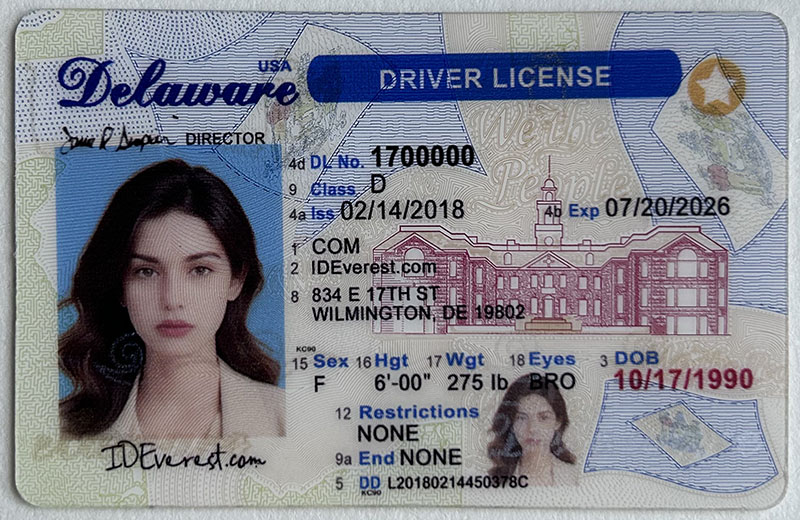
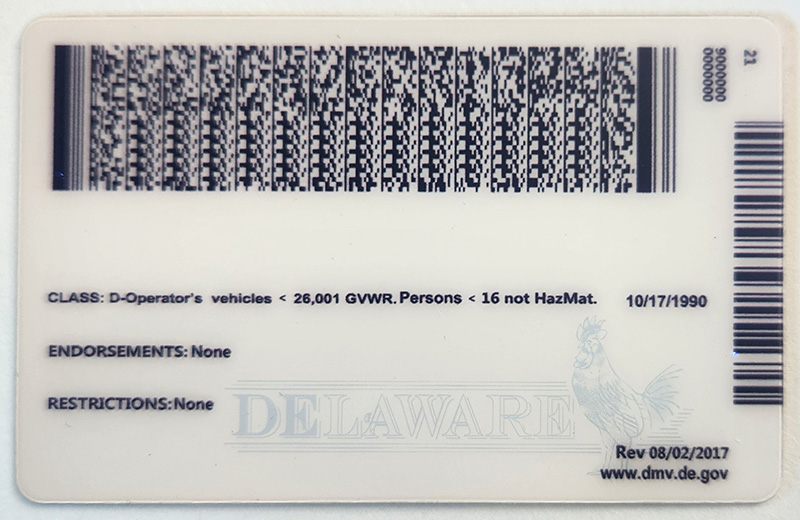
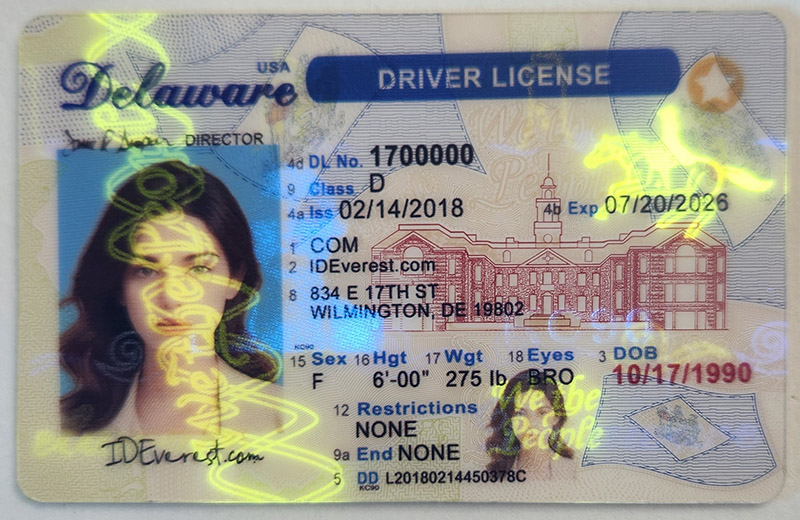
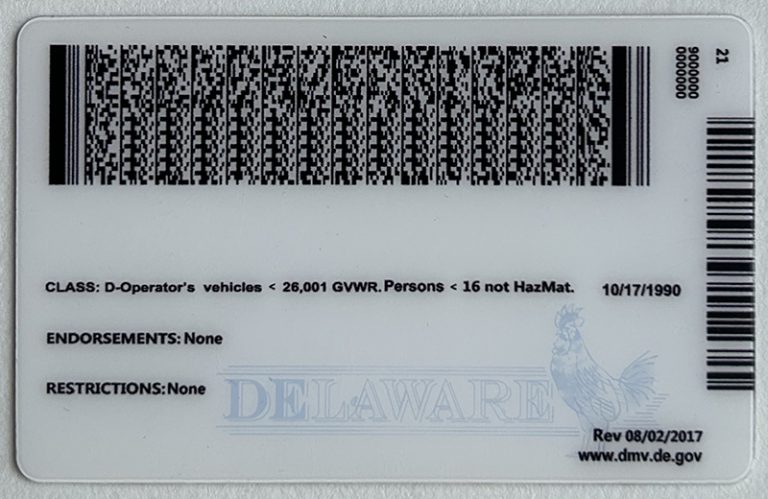
In addition, these settings often promote socializing beyond the typical academic setting, as students interact with classmates from different majors, grades, and even campuses. These new social connections can foster a broader sense of belonging within the college community. Furthermore, shared social experiences can reduce the sense of isolation or exclusion that some students feel when they are unable to join classmates in popular social settings, thereby strengthening their emotional support networks.
More broadly, this exposure to diverse social settings can help students develop interpersonal skills that are beneficial after college, such as confidence in social situations and the ability to connect with people from different backgrounds. This sense of belonging and community, fostered by fully participating in the social life around them, can have a positive impact on students’ well-being and make them feel more integrated into campus life.
Possessing a fake Florida ID can give students access to a variety of off-campus social venues, including bars, lounges, and social events typically reserved for older attendees. These venues often offer students unique opportunities to meet and interact with people outside of the campus community, allowing them to connect with young professionals, alumni, and even recruiters who frequent these venues. This interaction can be especially valuable for students seeking internships or job opportunities, as these settings are more informal and more conducive to organic networking than official career fairs or campus events.
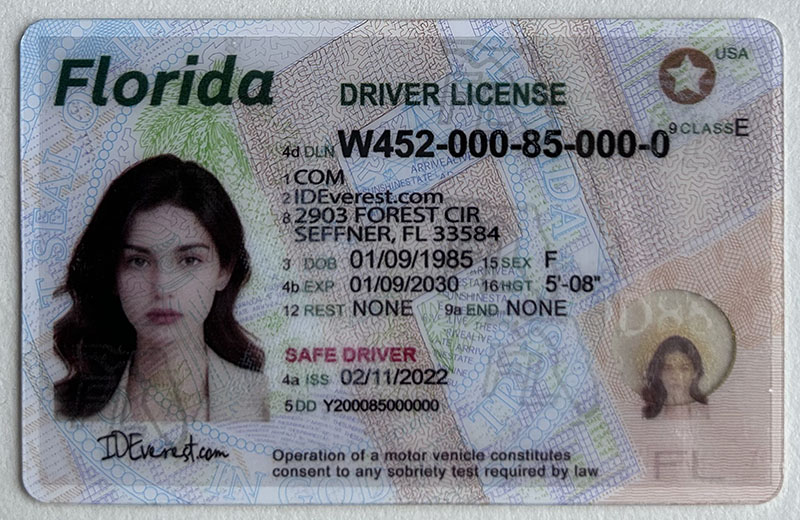
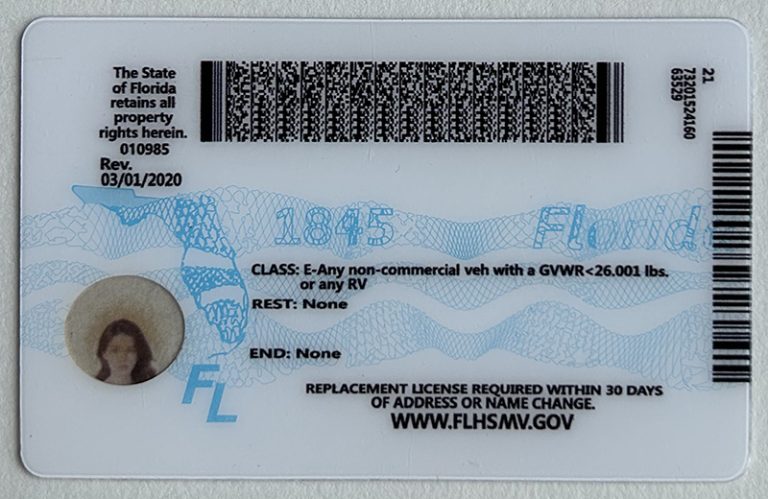
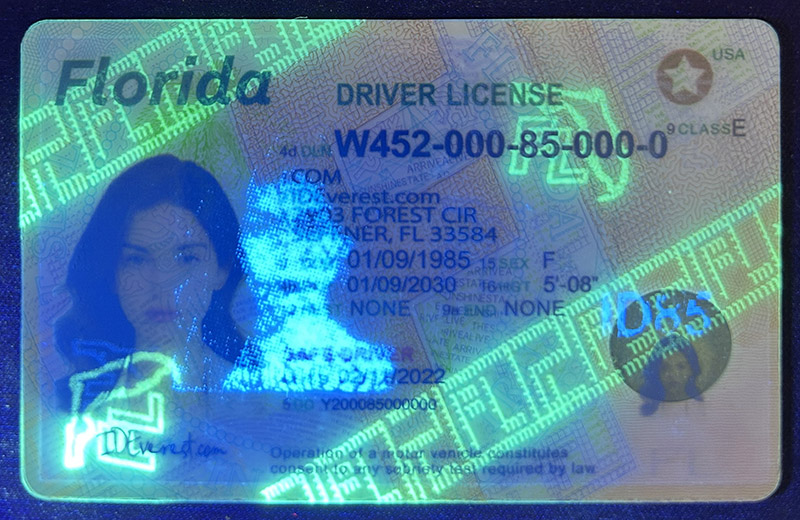
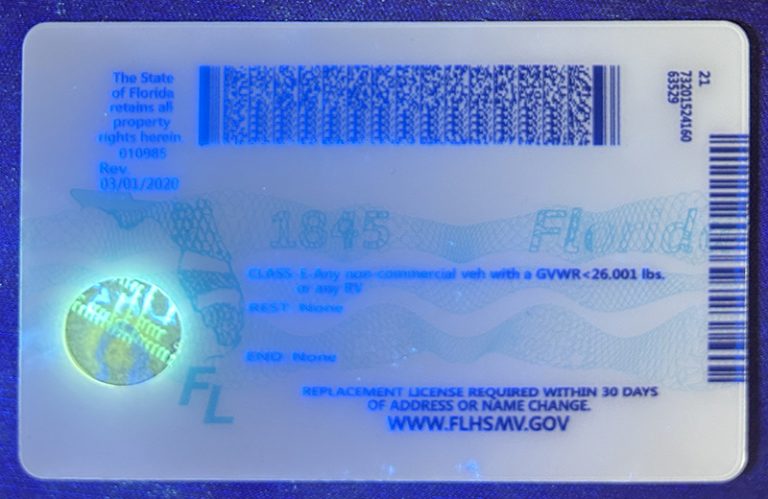
Additionally, time spent in these settings allows students to observe and practice social dynamics that are more consistent with professional life. They may learn valuable social skills, such as how to make small talk, approach strangers in a professional setting, or handle social settings that mix personal and professional interactions. This early exposure can help them build confidence and familiarity with socializing, which can be a big help when they fully enter the workforce.
Additionally, students who have access to these off-campus spaces may also expand their social support network beyond campus. Being able to connect with a diverse group of people (e.g., graduate students, young professionals, or industry mentors) can provide insights and encouragement that they may not receive in their regular social circles. This expanded network can not only provide support for career opportunities, but also personal growth and support because it exposes students to different perspectives and life experiences.
For students, access to certain social venues (e.g., bars or concerts) provides them with a way to relieve the stress of academics, which is crucial for mental health. Colleges often have a strict schedule, and the pressure of exams, assignments, and extracurricular activities can be overwhelming. Being able to socialize in age-restricted spaces can give students a chance to “unplug” from their academic responsibilities, providing them with a healthier work-leisure balance.
This balance is important because when students take time to relax and de-stress, they may feel more refreshed and mentally resilient when they return to their studies. Participating in social activities can reduce anxiety and burnout, both of which can negatively impact academic performance. Off-campus social activities can also allow students to interact with classmates who may not share the same academic background, providing them with a refreshing perspective and a break from their daily routine.
In addition, stress-relieving activities can have an indirect positive impact on academic performance. Research shows that taking regular breaks and participating in recreational activities can help improve students’ focus and productivity when they return to their studies. By taking time to participate in social activities, students have the opportunity to engage in meaningful interactions that enrich their experiences, relieve stress, and have a positive impact on their mental health. As a result, students who have access to these spaces often feel more focused and are able to tackle academic demands with a fresh mindset when balancing their academic and social lives.
Using fake ID cards in Ontario often puts students in situations where they must deal with the possible consequences of their actions, which can provide students with valuable lessons in responsibility and decision-making. For example, entering age-restricted environments requires students to assess risks (such as the possibility of being questioned or punished) and consider whether the benefits outweigh these potential drawbacks. This process encourages students to think critically as they learn to carefully evaluate real-world situations.
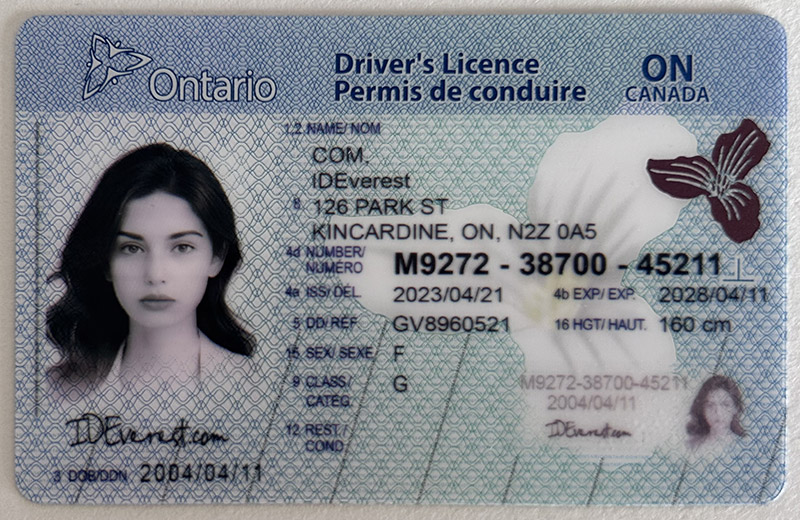
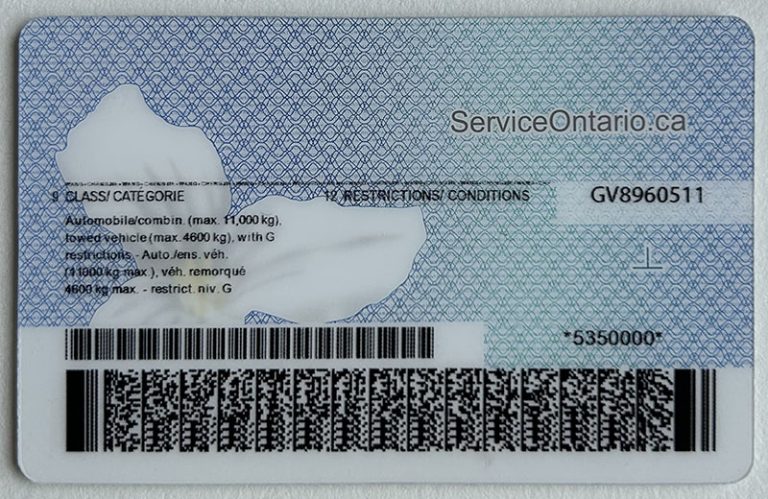
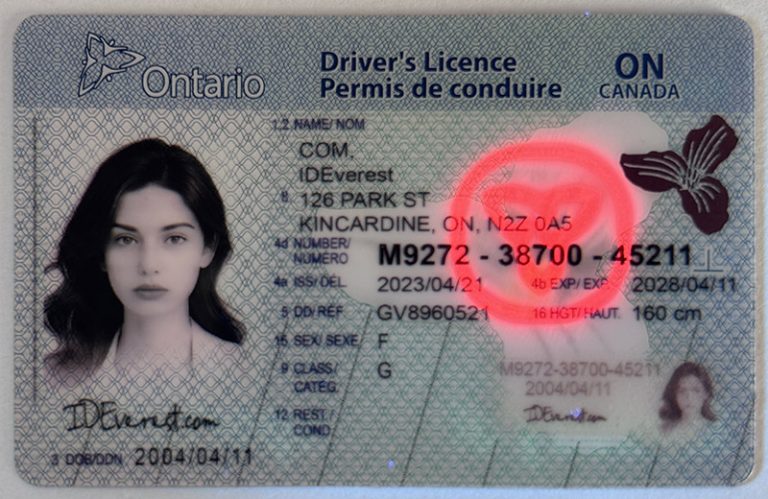
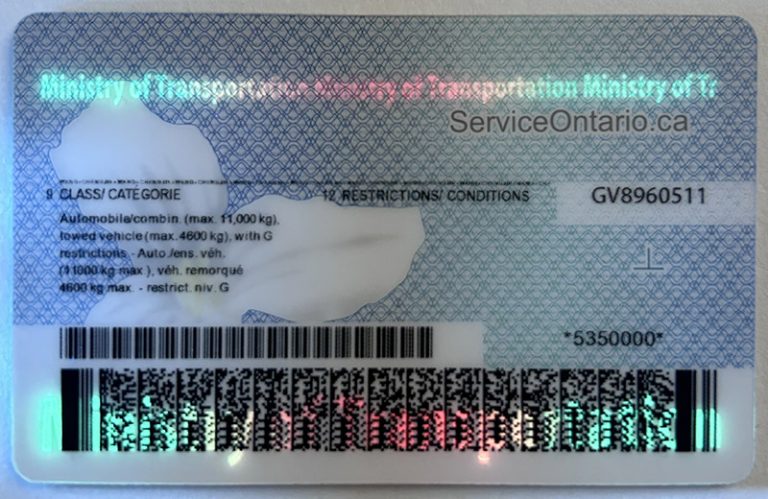
Students are also exposed to new social norms and expectations in settings such as bars, clubs, or other off-campus venues. These environments can be more difficult to control than on-campus settings, requiring them to take responsibility in their interactions, manage their behavior, and recognize boundaries. Additionally, the act of using fake ID cards requires a certain level of self-discipline and preparation, as students may need to learn about state laws, ID features, or integration strategies. This preparation can impart practical knowledge and improve their ability to navigate complex situations in the real world.
By facing these challenges, students may become more mature and resilient. When they experience the consequences of their actions—both positive and negative—they are often better equipped to take on responsibilities in other areas of their lives, such as school, work, or personal relationships. This experience of responsibility and self-regulation can be a formative experience that fosters growth and responsibility that will benefit them in a variety of adult roles.
For many college students, attending social events—especially those that may have age restrictions—plays an important role in building connections and shared memories with peers. Missouri fake IDs can sometimes allow access to these events, allowing underage students to attend events with friends in settings such as bars, concerts, or club parties. Being able to attend these social events can give students a closer connection to their classmates, reducing the risk of feeling isolated or excluded from their primary social circles.
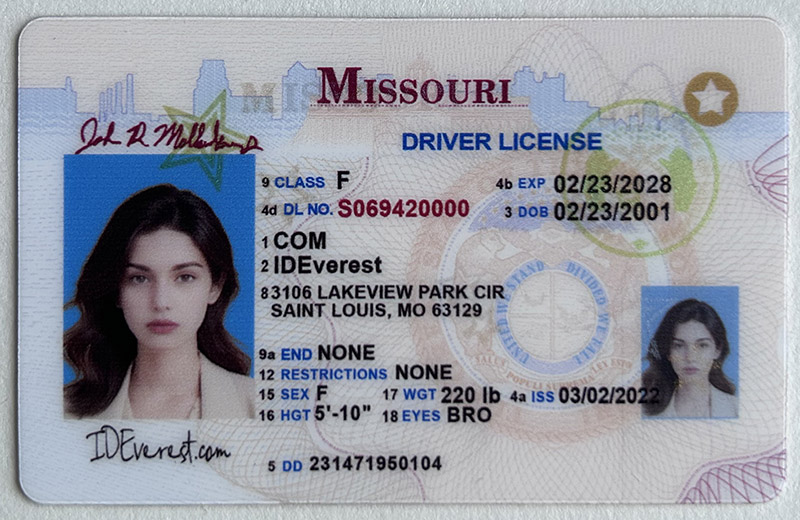
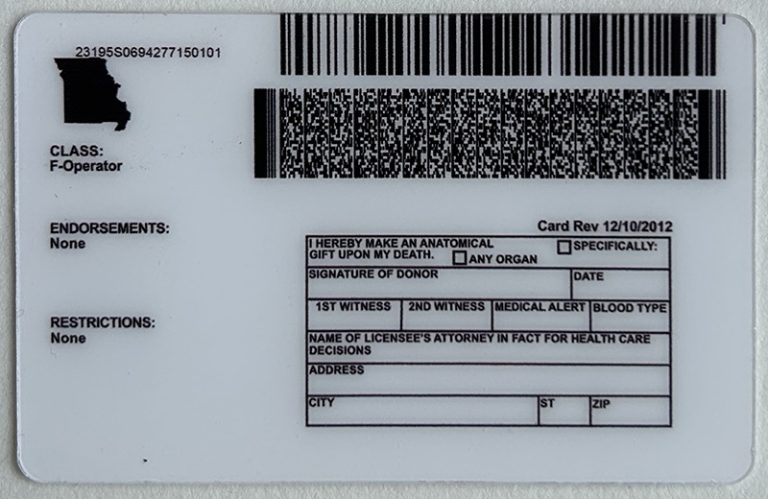
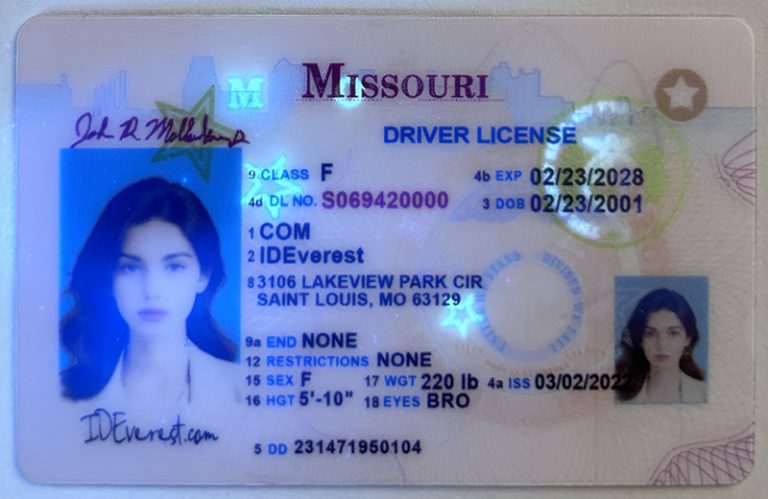
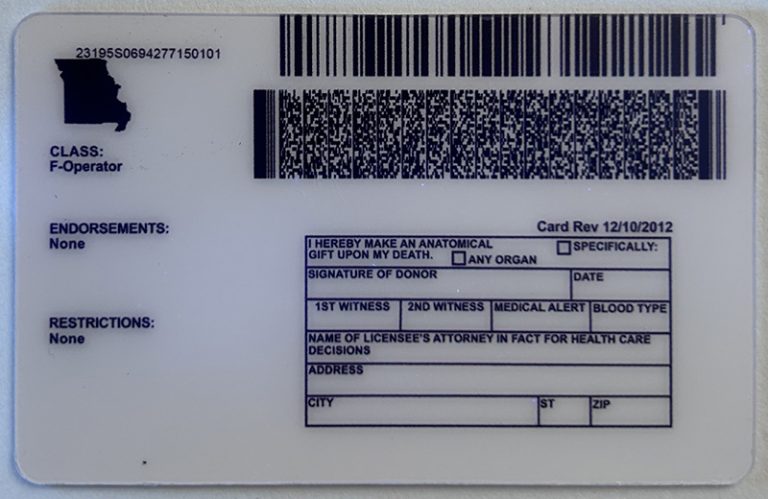
Participating in these shared experiences often creates a sense of camaraderie as students navigate the challenges and excitement of early adulthood together. From planning outings to exchanging tips for navigating various social situations, these experiences create points of connection that can foster trust and support among friends. For example, attending concerts or parties as a group may foster stronger bonds as students experience these milestones together, creating memories that help build lasting friendships.
Additionally, these shared activities can be especially important for students who feel anxious or uncomfortable in their new college environment. Joining peers in social spaces gives them the opportunity to fit in more smoothly as they become part of campus traditions and experiences that are meaningful to the community. In these ways, fake IDs can sometimes indirectly support students’ social development as they gain a stronger sense of inclusion and belonging.
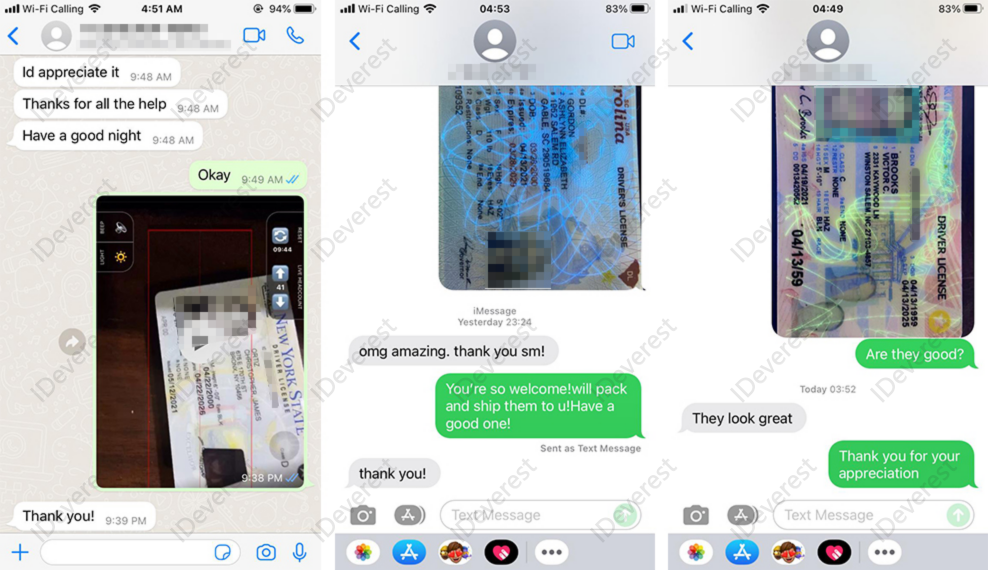
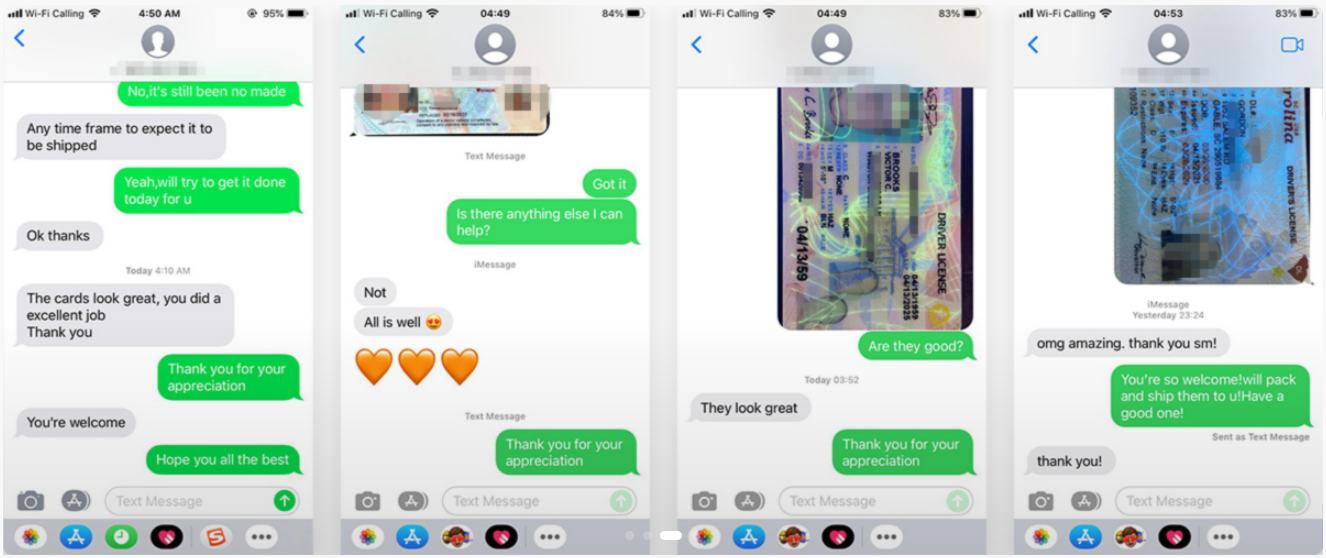
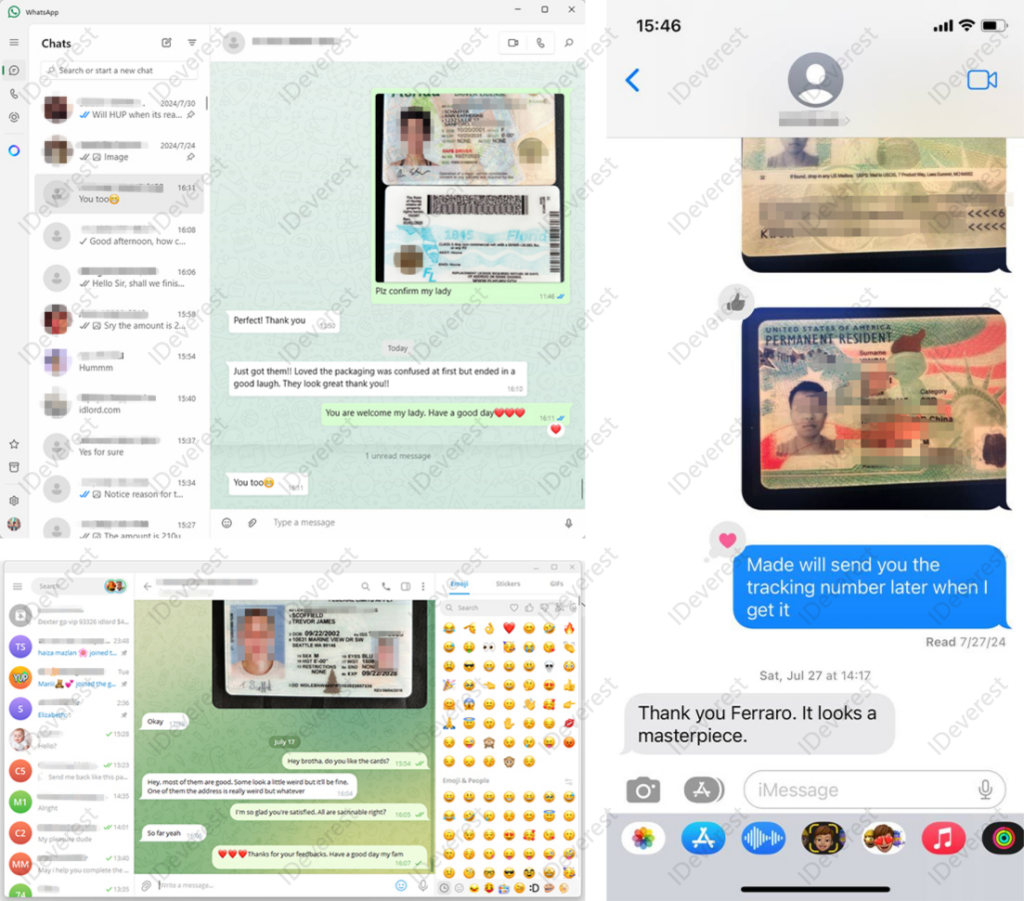
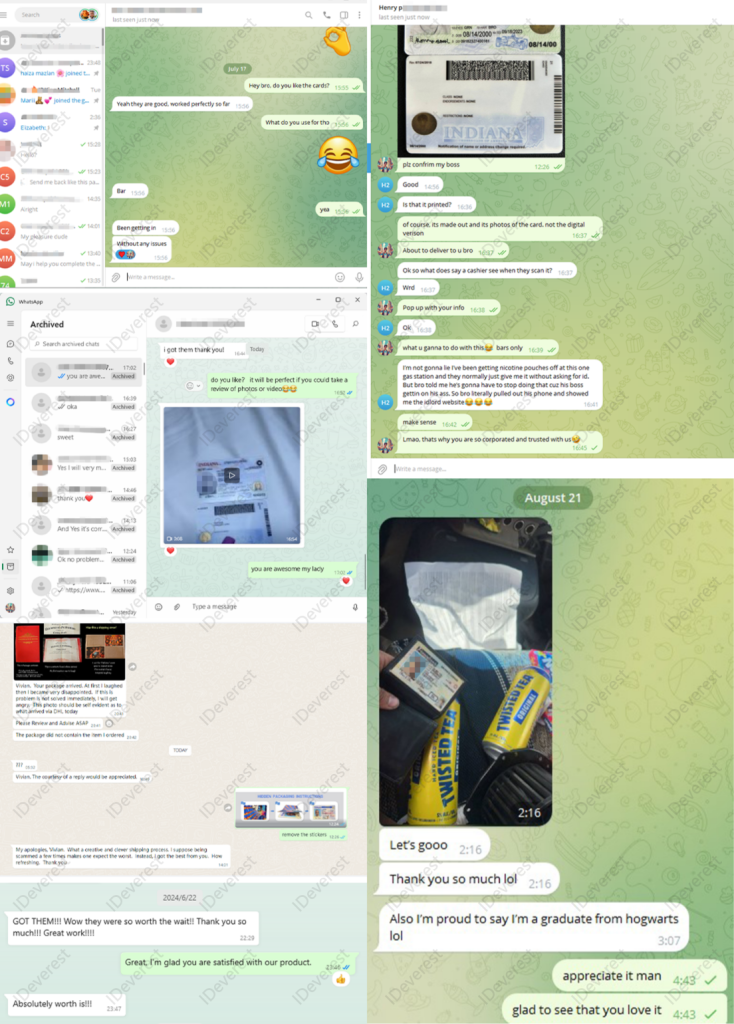
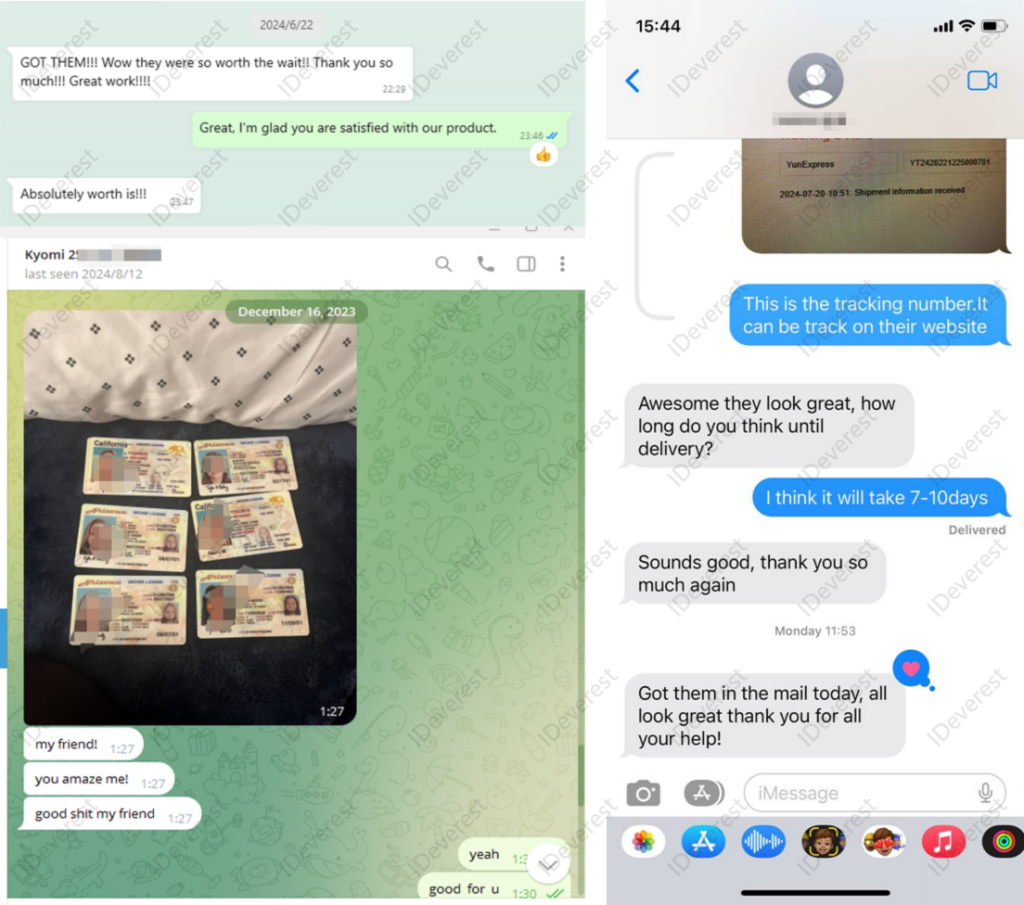
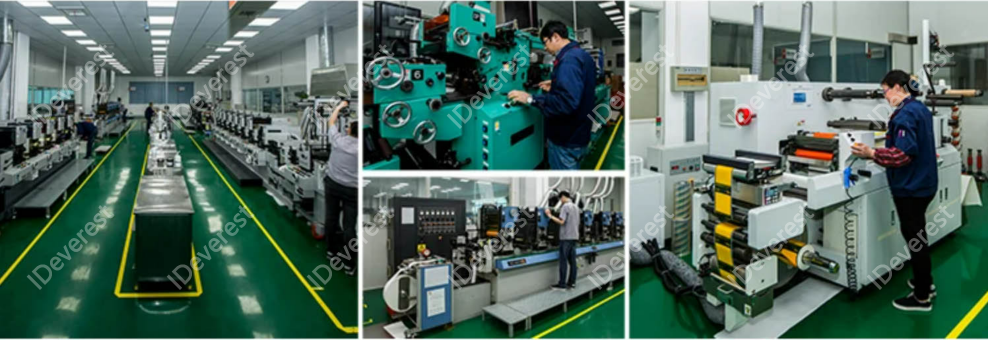
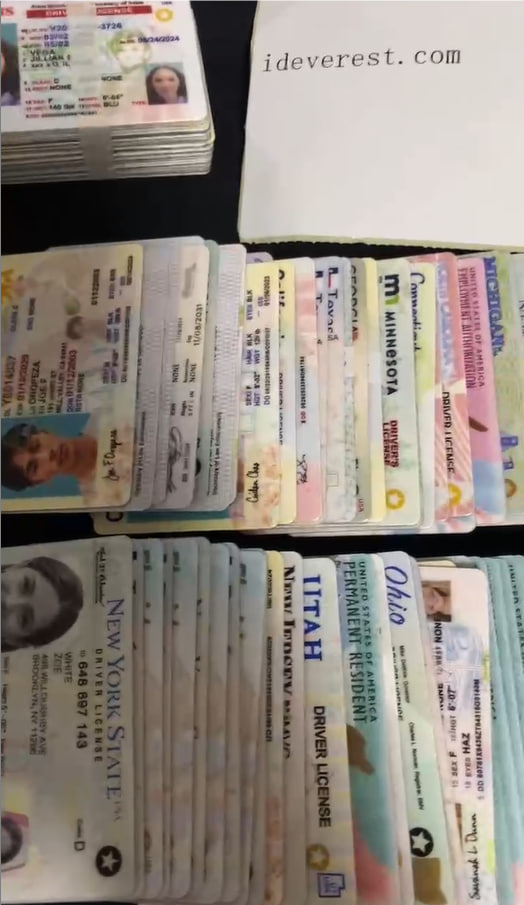
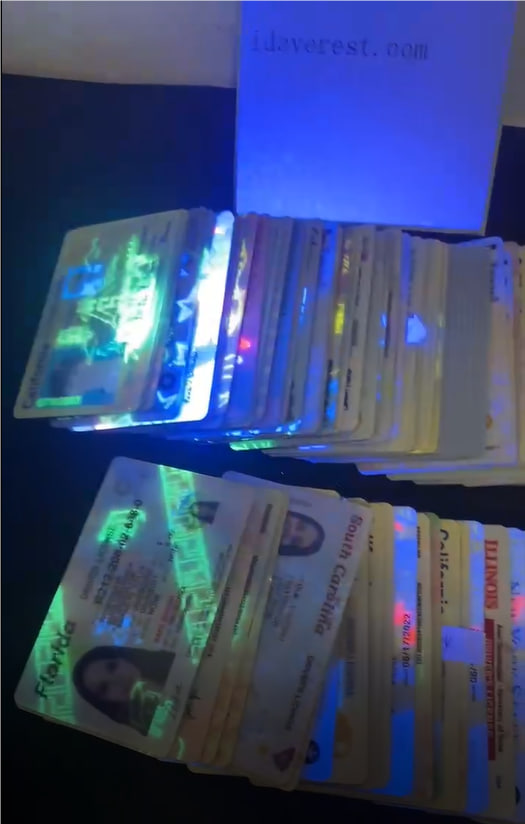

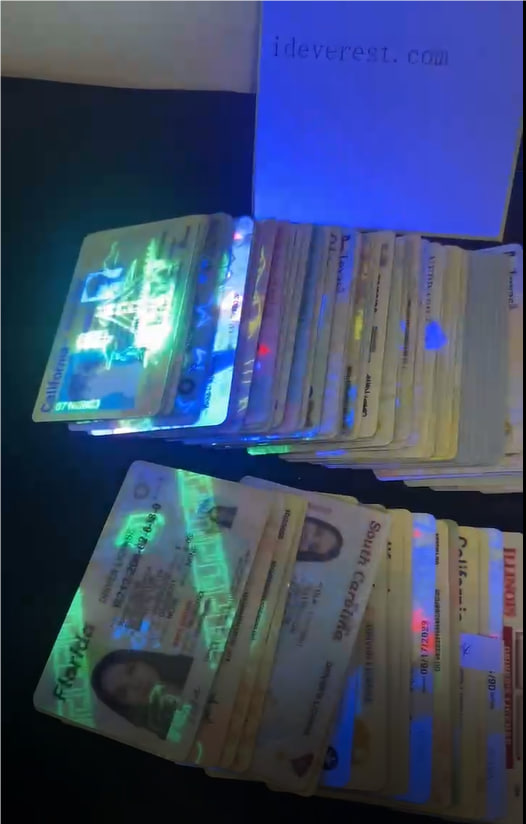


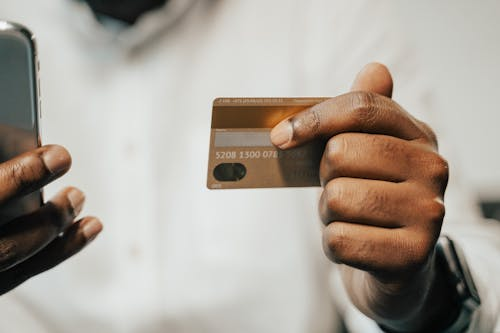 Reddit ideverest product revie
Reddit ideverest product revie
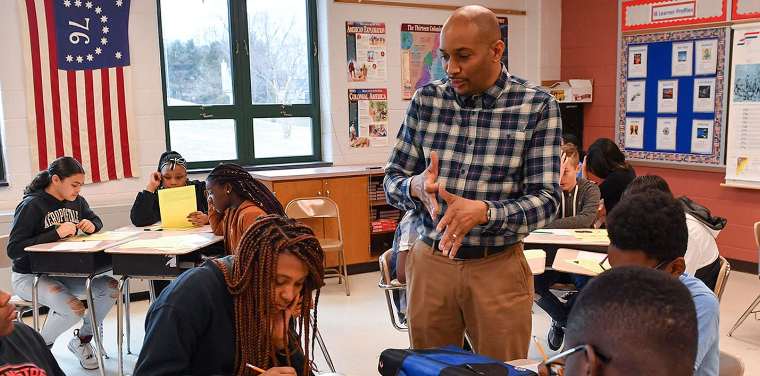 Exploring the Social and Acade
Exploring the Social and Acade
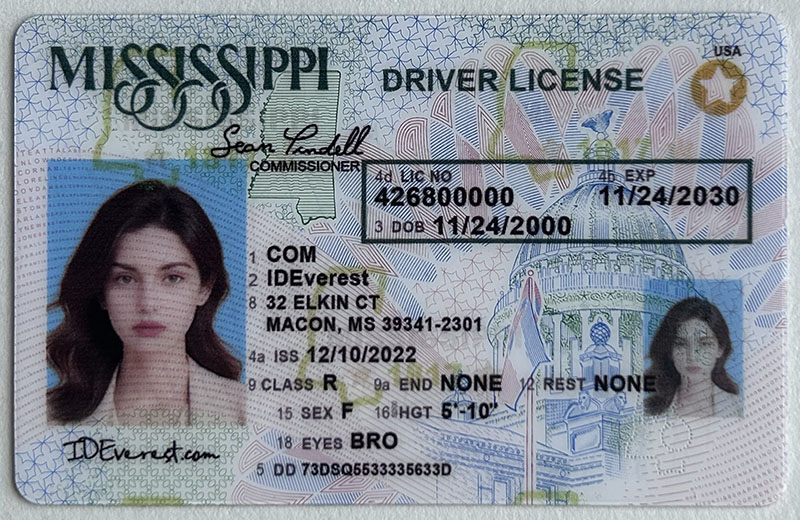 Scannable Custom Premium Missi
Scannable Custom Premium Missi
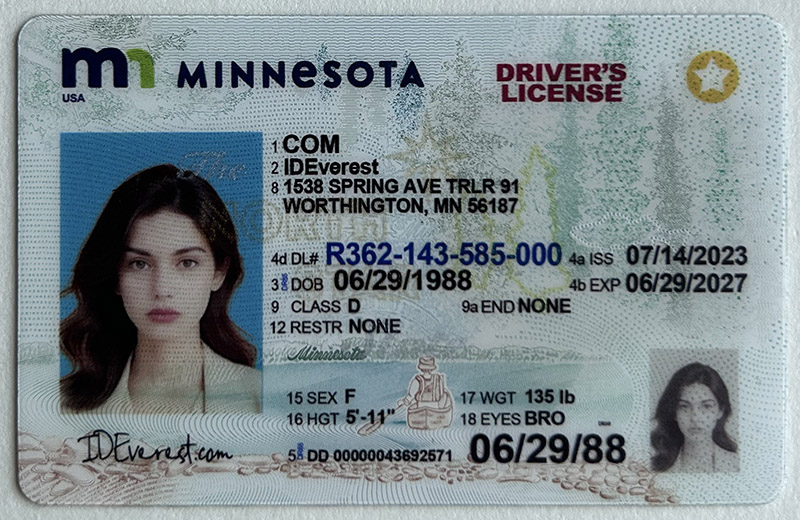 Scannable Custom Premium Minne
Scannable Custom Premium Minne